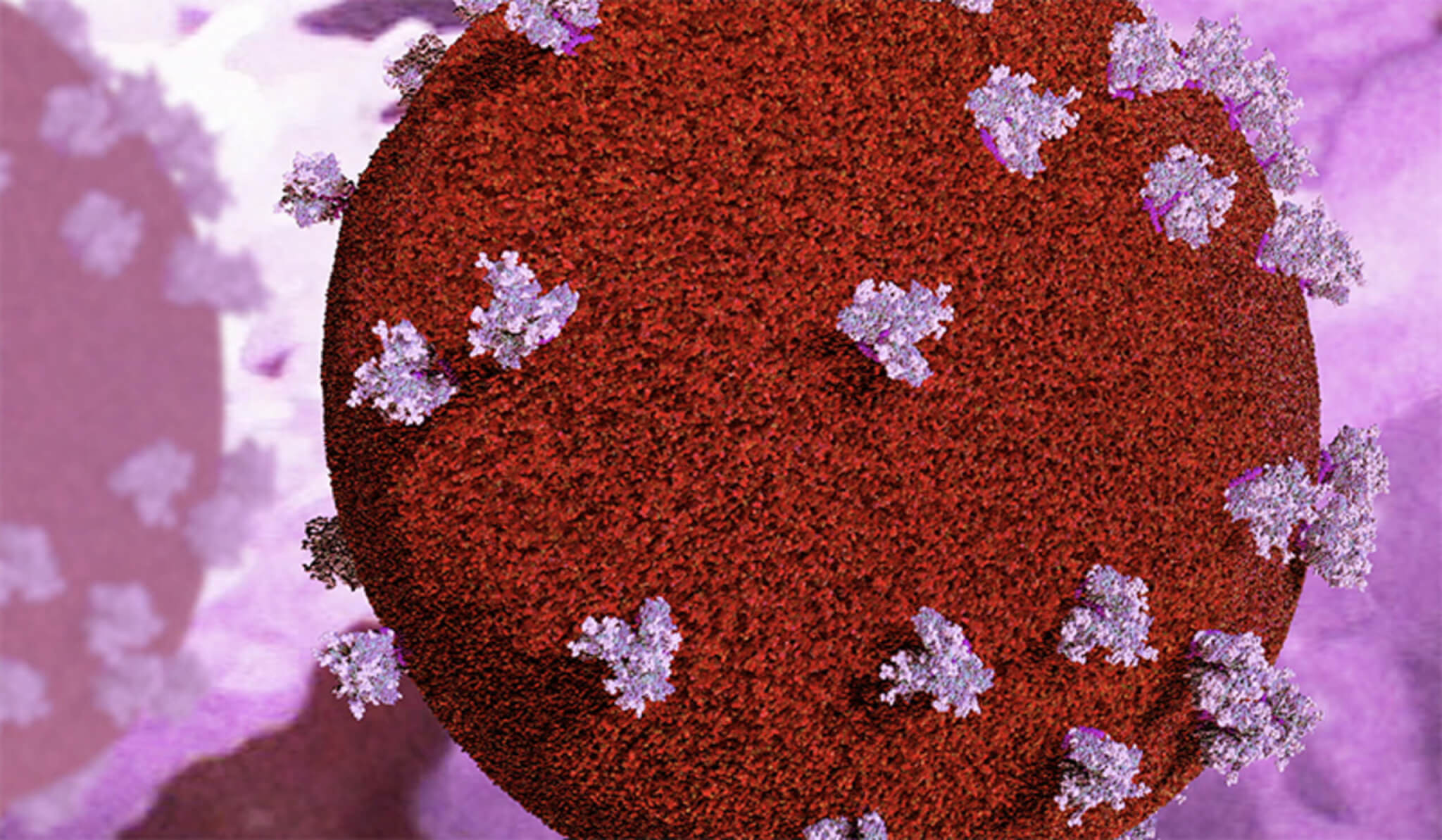
(Photo by Towfiqu barbhuiya on pexels)
DURHAM, N.C. – In an exciting development, researchers at the Duke Human Vaccine Institute have made a major stride toward an effective HIV vaccine. Their experimental vaccine candidate was able to trigger the production of powerful antibodies that can neutralize multiple strains of HIV in a small clinical trial.
The study, published in the journal Cell, provides proof-of-concept that it is possible to induce these highly desired “broadly neutralizing antibodies” through vaccination alone - something never before achieved.
“This work is a major step forward as it shows the feasibility of inducing antibodies with immunizations that neutralize the most difficult strains of HIV,” says senior author Barton F. Haynes, M.D., the director of the Duke Human Vaccine Institute, in a media release. “Our next steps are to induce more potent neutralizing antibodies against other sites on HIV to prevent virus escape. We are not there yet, but the way forward is now much clearer.”
So, what makes these antibodies so special? To understand that, we need to know a little more about how HIV affects humans. The virus rapidly mutates as it replicates, constantly changing its outer coating to evade the antibodies the human immune system produces. Most HIV antibodies can only recognize and neutralize one specific strain.
However, broadly neutralizing antibodies target a region on HIV's outer envelope that remains stable despite mutations. This means they can disable a wide range of HIV strains, making them a key target for an effective HIV vaccine.

In the phase 1 clinical trial, the experimental vaccine targeted this stable membrane proximal external region (MPER) on HIV's outer coat. Out of 20 participants, antibodies capable of broadly neutralizing HIV strains were detected after just two vaccine doses in several individuals.
“To get a broadly neutralizing antibody, a series of events needs to happen, and it typically takes several years post-infection,” says lead author Wilton Williams, Ph.D., an associate professor in Duke’s Department of Surgery and a member of DHVI. “The challenge has always been to recreate the necessary events in a shorter space of time using a vaccine. It was very exciting to see that, with this vaccine molecule, we could actually get neutralizing antibodies to emerge within weeks.”
The vaccine successfully activated essential immune cells and antibody development pathways. Crucially, the cells remained in an adaptable state, allowing them to continuously evolve along with the mutating virus - a major hurdle for previous HIV vaccine attempts. While more work is still necessary to strengthen the antibody response and target additional viral regions, the researchers are highly encouraged by these early results.
Dr. Haynes adds that a successful HIV vaccine will likely require at least three components aimed at distinct viral regions.
“Ultimately, we will need to hit all the sites on the envelope that are vulnerable so that the virus cannot escape,” Haynes concludes. “But this study demonstrates that broadly neutralizing antibodies can indeed be induced in humans by vaccination. Now that we know that induction is possible, we can replicate what we have done here with immunogens that target the other vulnerable sites on the virus envelope.”
This landmark study has reinvigorated the decades-long quest for an HIV vaccine by proving the concept of rapidly inducing broadly neutralizing HIV antibodies through vaccination. The Duke team's innovative approach shows great promise as a potential path to finally defeating this tenacious virus.
EdNews Editor Chris Melore contributed to this report.










